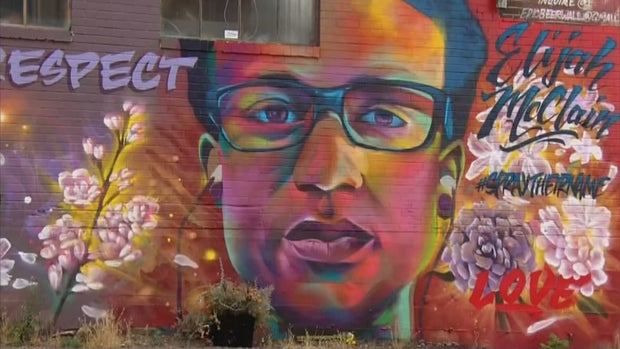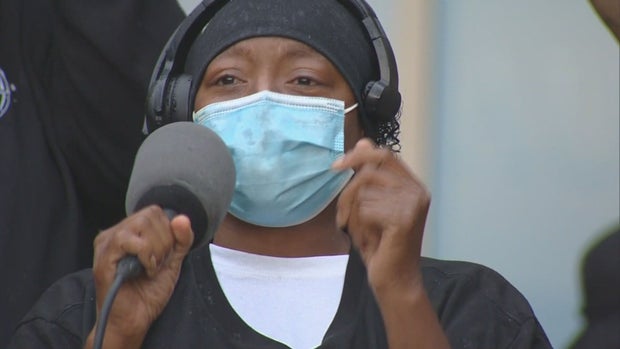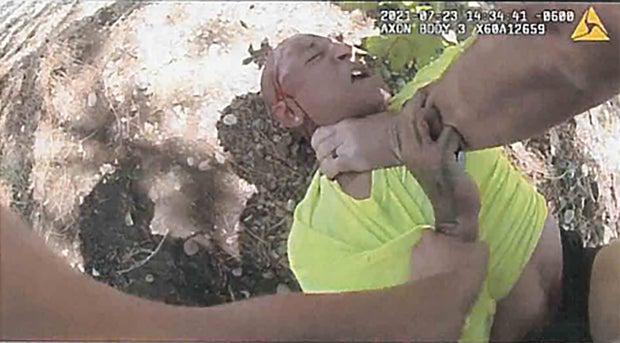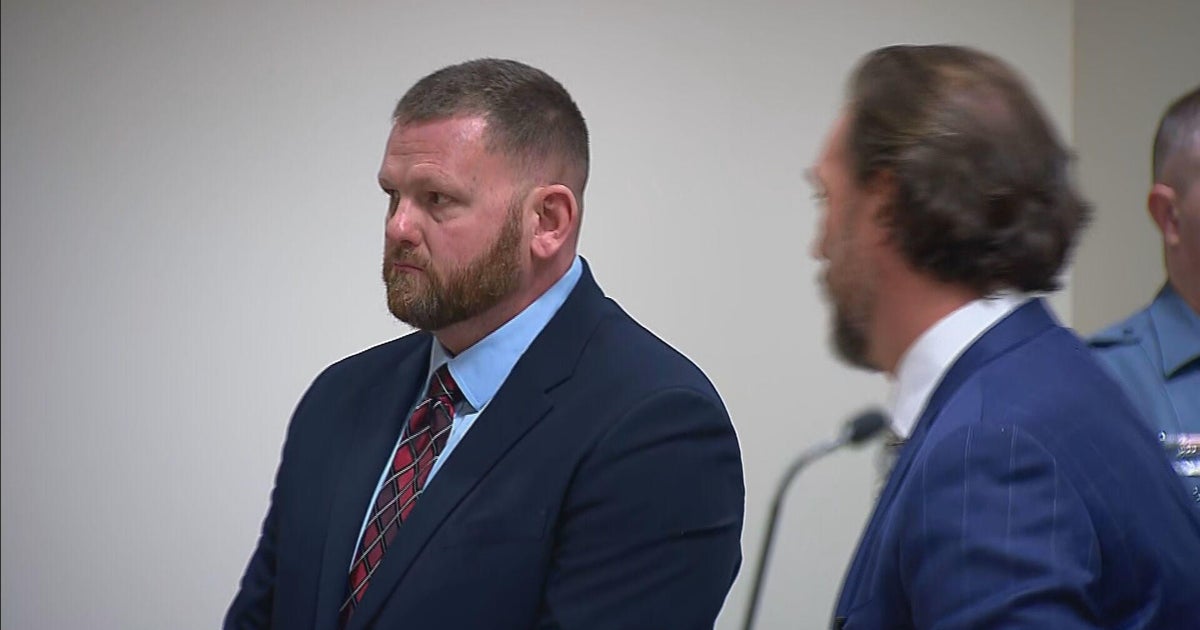Sweeping Changes To Policing In Colorado Made Following Elijah McClain Case
DENVER (CBS4) - After two years and a wave of community uproar, policing in Colorado has seen sweeping changes. Colorado law enforcement officers have new standards for when deadly force can be used, requirements for wearing body cameras and releasing those videos as well as a duty for officers to intervene.
"We've done so much in the state of Colorado, we are way ahead when it comes to criminal justice and police reform," Sen. Rhonda Fields said.
Fields is among the lawmakers working toward reform alongside State Rep. Leslie Herod who has been spearheading the movement. Both give credit to the mother of Elijah McClain for fighting to make it happen
"When I think about what she's doing to protect his legacy it reminds me of myself because I did the same thing, trying to protect my son's legacy and build on it,' she said.
While new investigations into McClain's death are underway, the Aurora Police Officers involved have yet to be charged. While they wait for news, their work has changed the outcome for others like Kyle Vinson.
"Before I knew it, I was on my face with a hand to the back of my head and a pistol to my head," Vinson said after a controversial police encounter in July. All of that stemmed from a warrant he didn't know he had.
He was beaten by an Aurora police officer while another stood by and watched. Both now face criminal charges largely in part because of those laws enacted following McClain's death.
"I'm still really lucky to be here. Elijah McClain he's not here," Vinson said.
While some actions changed, lawmakers believe there is more work to be done.
Earlier this year they worked to pass yet another law that restricts the use of ketamine, the sedative used on McClain.
Unless emergency medical technicians can take several steps to ensure the proper use of the drug, outside of a medical emergency it can no longer be used outside of a hospital.
for more features.






